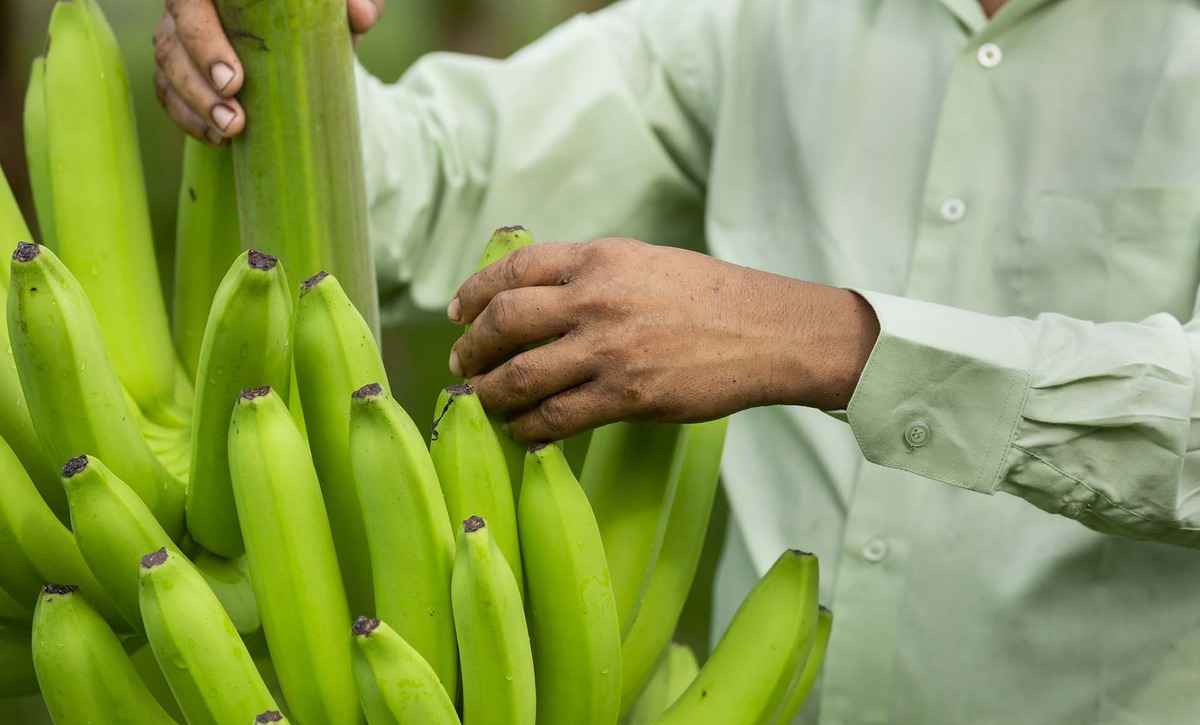The UK-based biotech firm Tropic has developed a genetically engineered banana that resists browning, addressing food waste caused by spoilage. Nearly 50% of banana crops are lost annually. By extending freshness and maintaining a vibrant yellow color, this innovation could significantly enhance sustainability efforts.
The Science Behind Banana Ripening
Bananas undergo a natural transformation from green to yellow, eventually turning brown. This ripening process is triggered by ethylene, a plant hormone that continues to be produced even after harvest. Ethylene activates polyphenol oxidase (PPO), an enzyme responsible for the browning reaction when exposed to oxygen. Additionally, any bruising accelerates ethylene production, speeding up the discoloration process.
Development of Non-Browning Bananas
Tropic’s non-browning banana is a result of precise genetic modification. Scientists have silenced the gene responsible for PPO production, effectively delaying the browning process while allowing natural ripening to continue. A similar approach was previously used to create Arctic apples, which also resist browning. This innovation marks a significant advancement in the preservation of perishable fruits.
Tackling Food Waste and Environmental Impact
Food waste remains a pressing global issue. In the UK alone, an estimated 1.4 million edible bananas are discarded daily. This waste contributes to increased greenhouse gas emissions, further fueling climate change. By extending the shelf life of bananas, Tropic’s innovation could encourage greater consumption of older fruit, thereby reducing overall waste. The company estimates that widespread adoption of these bananas could cut carbon dioxide emissions on a scale comparable to removing two million cars from the road annually.
Future Prospects in Agriculture
The success of non-browning bananas may pave the way for broader applications in agriculture. Genetic modification techniques similar to those used in these bananas have already been implemented in other crops, including tomatoes, melons, kiwifruits, and mushrooms. As technology continues to evolve, we may witness a new era of genetically enhanced fruits and vegetables designed to last longer, reduce waste, and promote sustainability in the agricultural sector.




